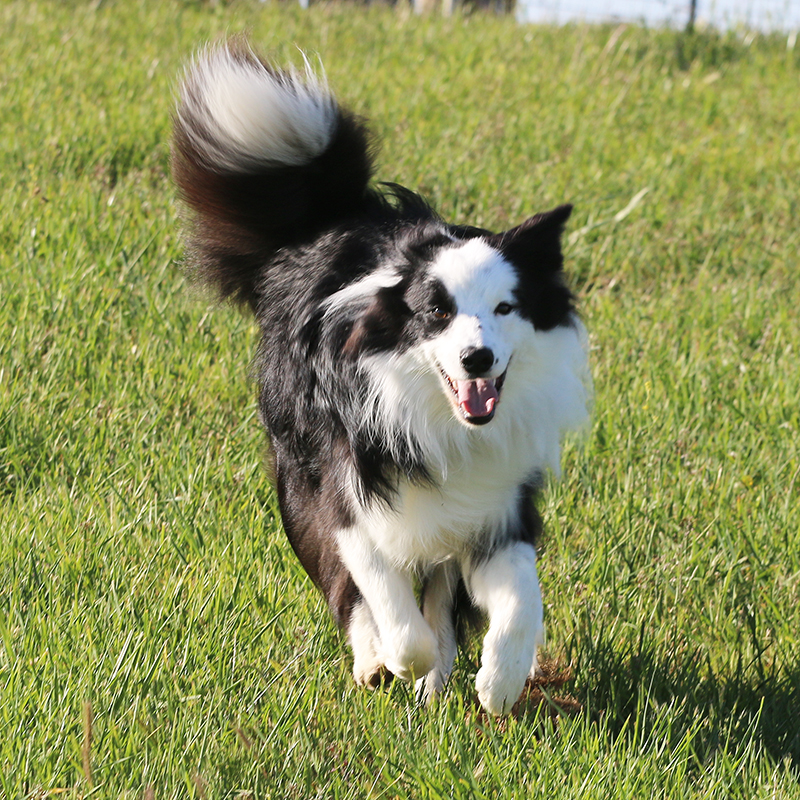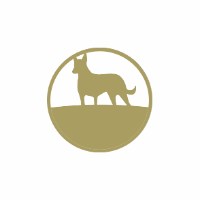There are many factors that influence the overall health of your dog’s skin and coat; diet, grooming, seasonal changes and health status are just a few. Generally speaking a healthy coat will be soft and smooth, shiny but not greasy and no strong odour. An unhealthy coat will have dry and brittle hair, with loose fur in the coat.
Your dog’s skin and coat, on average is 12% of their body weight. The skin consists of three layers, each with an individual function:
A dog’s skin helps to protect them against the environment and external parasites. Their skin also helps to protect against water loss, regulate their dog temperature and is responsible for housing the hairs of their coat. In order to maintain a healthy coat, you dog’s skin must also be looked carefully.
Diet plays a role in maintaining a healthy skin and coat, and dogs require a food that is complete and balanced, containing high quality protein, carbohydrates and fats in order to be in the best condition.
While protein plays a role in building healthy skin and hair, when skin and coat issues arise deficiencies in omega fatty acids are often to blame. Both omega-3 and omega-6 fatty acids are essential nutrients that must be provided in the diet as they play a role in cell structure and function, vitamin absorption and skin and coat health and appearance. Omega-3 fatty acids are typically found in marine sources (fish, fish oil and algae sources) along with some plant oils like flaxseed. Look out for ingredients such as EPA (Eicosapentaenoic acid) and DHA (Docosahexaenoic acid). Omega-6 fatty acids are found in animal and plant sources such as; sunflower oils, poultry fat, lean meat and egg yolks.
Other ingredients to look for to promote a healthy skin and coat include:
- Vitamin E: is a natural antioxidant that helps to protect against free radical damage to skin cells
- Copper: nutrient that helps to maintain fur colour and prevent fur loss, as well as giving the coat a soft and shiny appearance
Other factors to consider that will affect the appearance of your dog’s skin and coat include:
- If your dog has an ongoing illness or chronic stress
- Skin irritations
- related to dry winter conditions, particularly a lack in humidity
- Allergies
- Lack of regular grooming and a build up of loose hairs and dead skin cells in the coat
If you find that your dogs coat continues to look unhealthy despite, regular grooming a proper diet and no underlying health issues, please consult your veterinarian.
Dr. Emma Bradbury, PhD.


